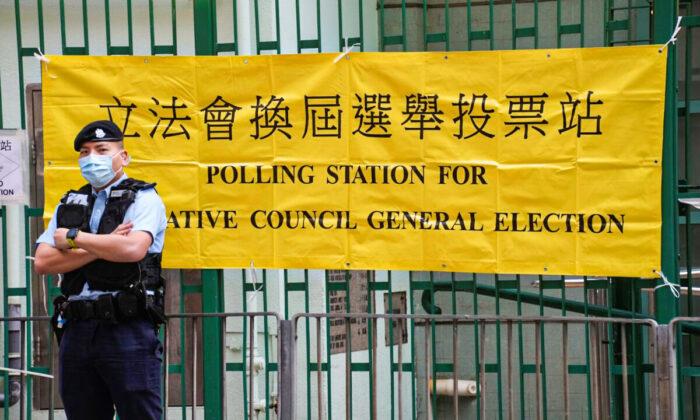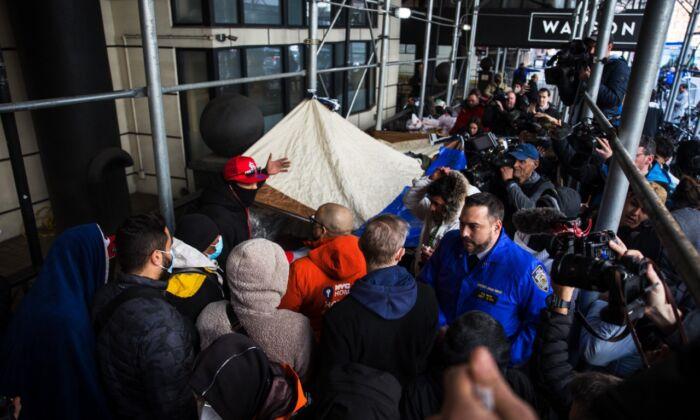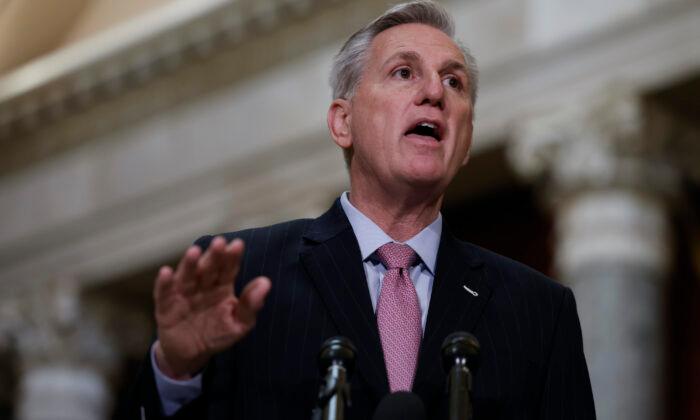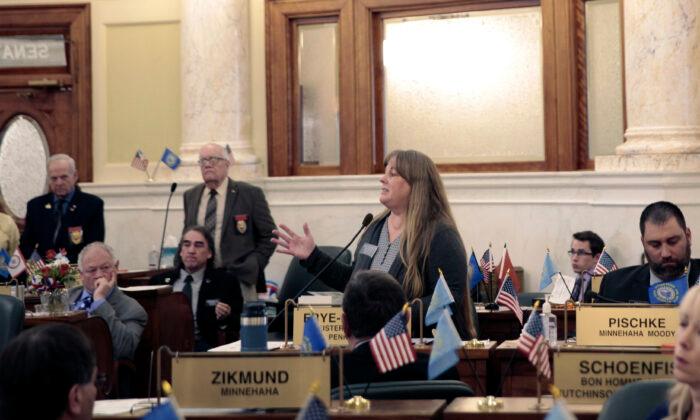The people of Hong Kong voted on Dec. 19 in the Legislative Council General Election, the first since the regime in Beijing changed its electoral system to cut down the number of directly elected lawmakers and to vet candidates.
The move led to a drop in public enthusiasm during the election.
About 4.5 million Hong Kong residents are eligible to vote. Yet the latest survey by the Hong Kong Public Opinion Research Institute found that almost 40 percent of respondents had indicated that they were unlikely to vote, the lowest point in decades.
The 2021 election saw Hong Kong’s largest opposition party, the Democratic Party, fielding no candidates, as the central regime of China pushed to secure more political power for Beijing loyalists in Hong Kong.

The move expanded the size of the chamber to 90 seats from 70, with members of the Election Committee, a strongly pro-Beijing body responsible for electing the city’s chief executive, making up 40 of those seats. Another 30 seats are elected by business groupings known as “functional constituencies.”
The number of directly elected representatives was reduced to 20 from 35. Five seats elected from among district councilors were abolished altogether.
The move reduced the proportion of seats for which the voters may elect officials to 22 percent, down from 50 percent.
On Dec. 18, Constitutional and Mainland Affairs Minister Erick Tsang said foreign forces may be attempting to undermine the elections after overseas activists urged a boycott of the vote. Under the new election laws, incitement to boycott and casting invalid votes can lead to up to three years in jail and a HK$200,000 ($26,500) fine.
To encourage the vote, authorities also offered free public transportation on Election Day.




